Continuing the program of the Conference of National Assembly Deputies working full-time to give opinions on some contents of the draft law submitted to the National Assembly at the 9th Session, this morning, March 26, delegates discussed the draft Law on Special Consumption Tax (amended).
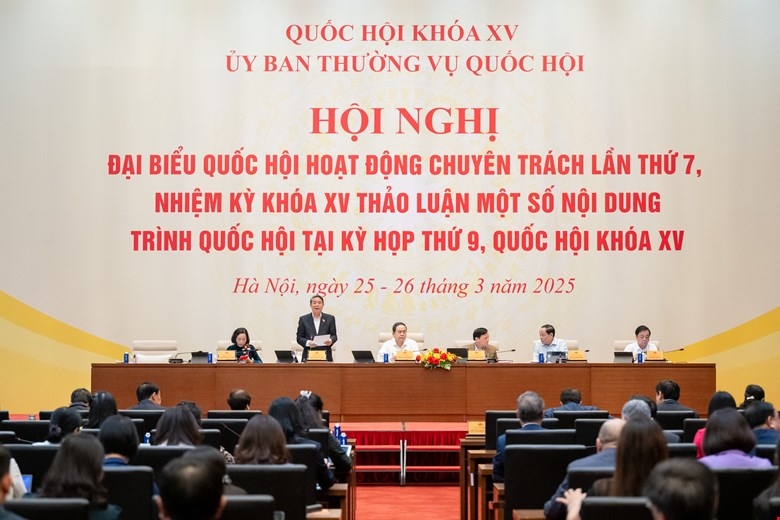
Reporting on some basic contents in the explanation, reception and revision of the draft, the Standing Committee of the Economic and Financial Committee said that there was a proposal to add non-taxable objects such as gasoline and air conditioners because these are essential goods.
The audit agency believes that in Vietnam, gasoline has been subject to special consumption tax since 1995. To encourage the use of biofuel, the Law on Special Consumption Tax has stipulated a preferential tax rate of 8% for E5 gasoline and 7% for E10 (lower than the 10% tax rate applied to mineral gasoline).
This provision is consistent with the objective of special consumption tax which is to regulate consumption of goods that need to be used economically and is consistent with international practice.
In addition, in the context of environmental pollution and climate change being global issues, the Vietnamese Government 's commitment at the COP26 Conference to achieve net emissions of "0" by 2050, along with other solutions, the current collection of special consumption tax on gasoline (including E5 and E10 gasoline) is appropriate, contributing to reducing emissions and orienting economical consumption.
Therefore, the receiving and explaining agency requests to keep it as the draft law.
Regarding air conditioners, the Standing Committee of the Economic and Financial Committee stated that the collection of special consumption tax on air conditioners with a capacity of 90,000 BTU or less is being applied stably to raise awareness of limiting consumption as well as orienting consumption to save electricity and protect the environment.
However, as the National Assembly delegate stated, the demand for refrigeration and air conditioning equipment in our country is increasing and becoming popular to meet the normal needs of people in conditions of increasingly high temperatures.
"Therefore, taking into account the opinions of National Assembly delegates, the drafting agency is considering a plan to limit the scope of air-conditioner products subject to special consumption tax," the agency said.
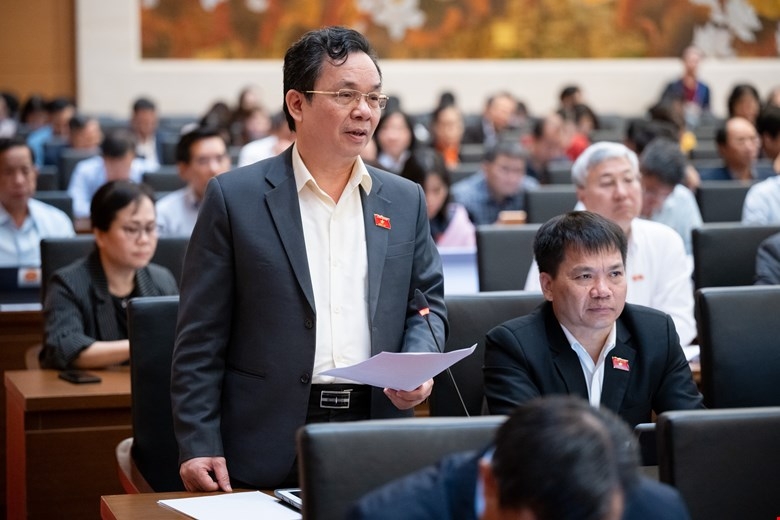
Not agreeing with the above plan, delegate Hoang Van Cuong (Hanoi delegation) noted that "limiting the scope" means still taxing air conditioners.
“Air conditioners are popular consumer products and have no substitute. Even if they are taxed highly, they will still be used. Even if certain subjects are restricted, their behavior will not change,” Mr. Hoang Van Cuong analyzed and proposed to remove them from the taxable category.
Sharing the same view, Mr. Nguyen Truong Giang (Dak Nong delegation) emphasized that the tax must be imposed in accordance with the nature of special consumption tax. Gasoline is an essential commodity and its use cannot be restricted. Moreover, gasoline is subject to both special consumption tax and environmental protection tax. If it is determined that using gasoline affects the environment, then increase the environmental protection tax instead of imposing special consumption tax.
Similar to air conditioners, this delegate agreed with Mr. Hoang Van Cuong's view that special consumption tax should not be imposed because this is an essential item.
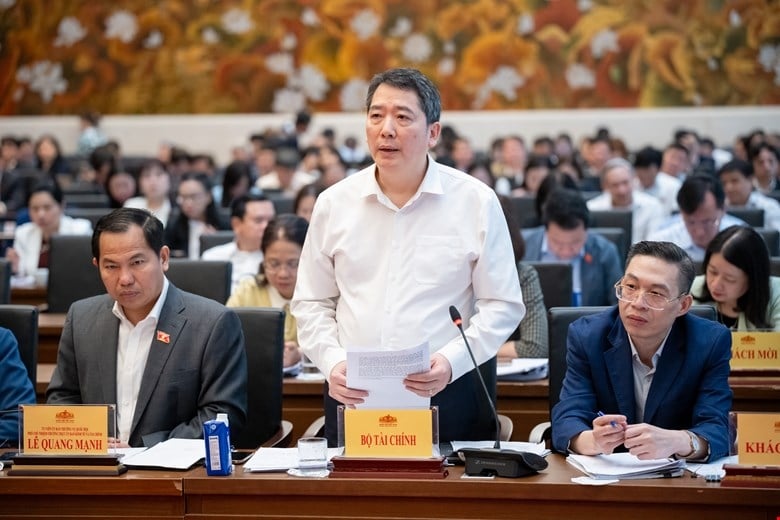
Reporting at the meeting, Deputy Minister of Finance Cao Anh Tuan emphasized that the imposition of special consumption tax aims to regulate consumer behavior. Regarding air conditioners, which were previously considered luxury goods, they are now common and used by families, so the drafting committee will work with relevant agencies to review and come up with appropriate regulatory measures.
Regarding gasoline, he said that this tax has been applied for a long time and many countries also impose both special consumption tax (collected as a percentage) and environmental protection tax (collected as an absolute tax). Furthermore, the tax rate for biofuel is being proposed to be collected at a lower rate to encourage the use of this type of gasoline.
Source: https://vov.vn/chinh-tri/quoc-hoi/dai-bieu-quoc-hoi-de-nghi-khong-ap-thue-tieu-thu-dac-biet-voi-xang-may-dieu-hoa-post1187273.vov


![[Photo] Prime Minister Pham Minh Chinh meets with representatives of outstanding teachers](https://vphoto.vietnam.vn/thumb/1200x675/vietnam/resource/IMAGE/2025/11/15/1763215934276_dsc-0578-jpg.webp)
![[Photo] General Secretary To Lam receives Vice President of Luxshare-ICT Group (China)](https://vphoto.vietnam.vn/thumb/1200x675/vietnam/resource/IMAGE/2025/11/15/1763211137119_a1-bnd-7809-8939-jpg.webp)
![[Photo] Panorama of the 2025 Community Action Awards Final Round](https://vphoto.vietnam.vn/thumb/1200x675/vietnam/resource/IMAGE/2025/11/15/1763206932975_chi-7868-jpg.webp)





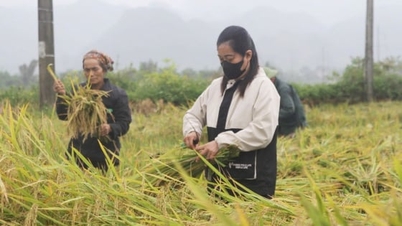

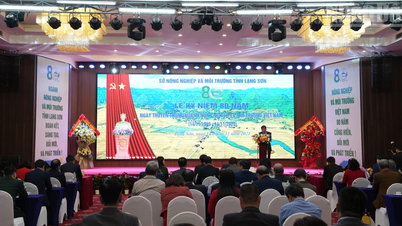

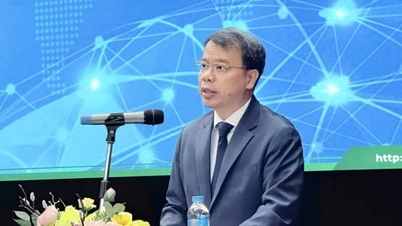
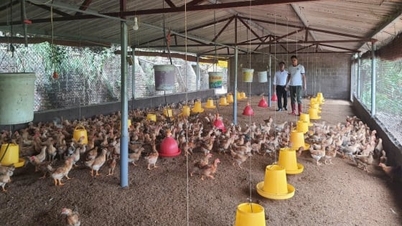















































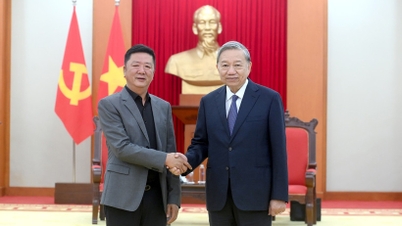


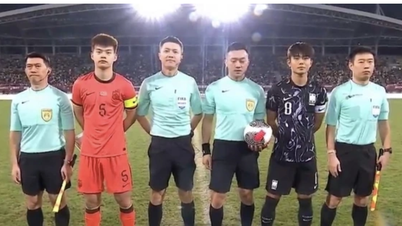



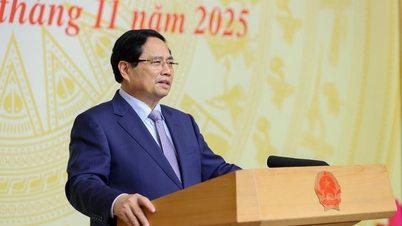
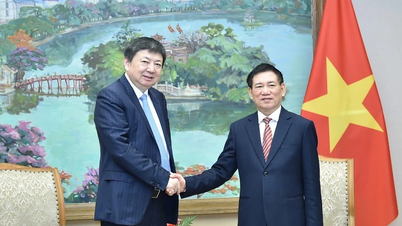





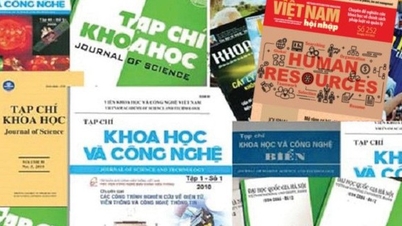
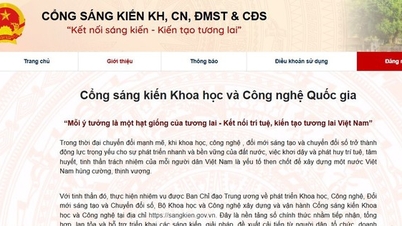
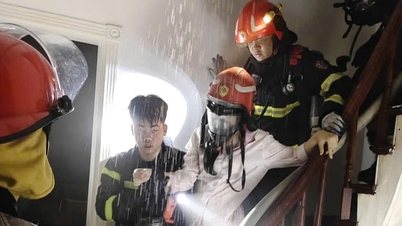





















Comment (0)